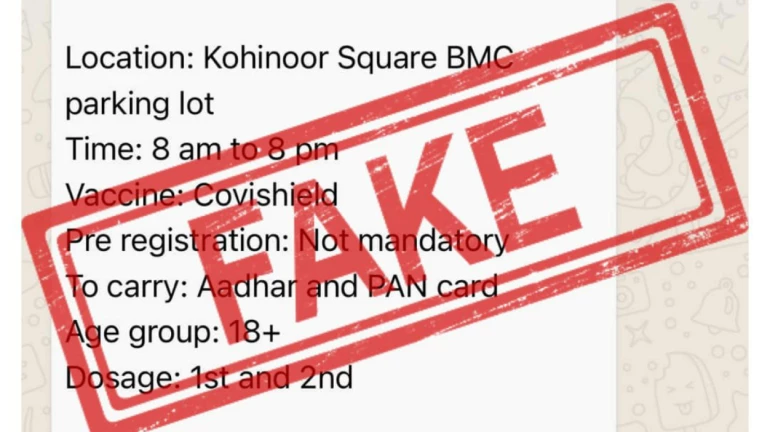
In a recent development, India's amended information technology rules have taken center stage in a legal battle that pits concerns over the spread of fake news against issues of freedom of speech and expression. Solicitor General Tushar Mehta, representing the Central government, revealed that the amendment aims to provide a grievance redressal mechanism for victims of fake news and false information circulating on social media platforms. However, this move has triggered challenges from various quarters, including satirist Kunal Kamra and media organizations, who argue that it infringes on fundamental rights.
The Amendment's Intention
Solicitor General Tushar Mehta argued before the Bombay High Court that the recent amendment to India's information technology rules aimed to address the growing menace of fake news and misinformation on social media. Under the amendment, a mechanism known as rule 3(2) was introduced to assist individuals who have been targeted by fake or false content on these platforms. This mechanism allows for the removal of such content or the addition of disclaimers to provide clarity.
Challenges in the Courtroom
The legal battle unfolded during a hearing that involved petitions filed by satirist Kunal Kamra, the Editors Guild of India, and the Association of Indian Magazines. These petitioners took issue with specific sections of the Information Technology (Intermediary Guidelines and Digital Media Ethics Code) Amendment Rules 2023, specifically rule 3(i)(II)(A) and (C). Their central argument was that these rules imposed an obligation on intermediaries, such as social media platforms, to prevent the spread of fake or misleading information related to the Central government.
Section 79 and Conditional Immunity
Mehta clarified that Section 79 of the Information Technology Act traditionally provided intermediaries with conditional immunity against legal action for third-party content posted on their platforms. However, the recent amendment added rule 3(2) to address the grievances of those targeted by fake or false content. If intermediaries failed to resolve such issues, aggrieved parties could seek legal recourse. Under rule 4(2), intermediaries would then be required to disclose the identity of the content's creator.
The Court's Concerns
The Bombay High Court, consisting of Justice Gautam Patel and Justice Neela Gokhale, acknowledged the ethical concerns surrounding the proliferation of fake and false content on social media. They expressed concerns about the power vested in the fact-checking unit (FCU) to compel the removal of content flagged as fake, leaving intermediaries with limited options. Additionally, the court noted that the amendment offered no recourse for individuals whose social media posts were removed or accounts were suspended based on FCU determinations.
Freedom of Speech and Expression
The petitioners, particularly Kunal Kamra, argued that the amended IT rules cast a shadow over freedom of speech and expression. They pointed to the broad and vague definition of 'business' within the rules, contending that this vagueness could lead intermediaries to remove content flagged by the FCU to protect their legal standing. Kamra asserted that these rules effectively made the Central government the sole arbiter of truth regarding its 'business,' thus violating Article 19(1)(a) of the Constitution, which guarantees freedom of speech and expression.





